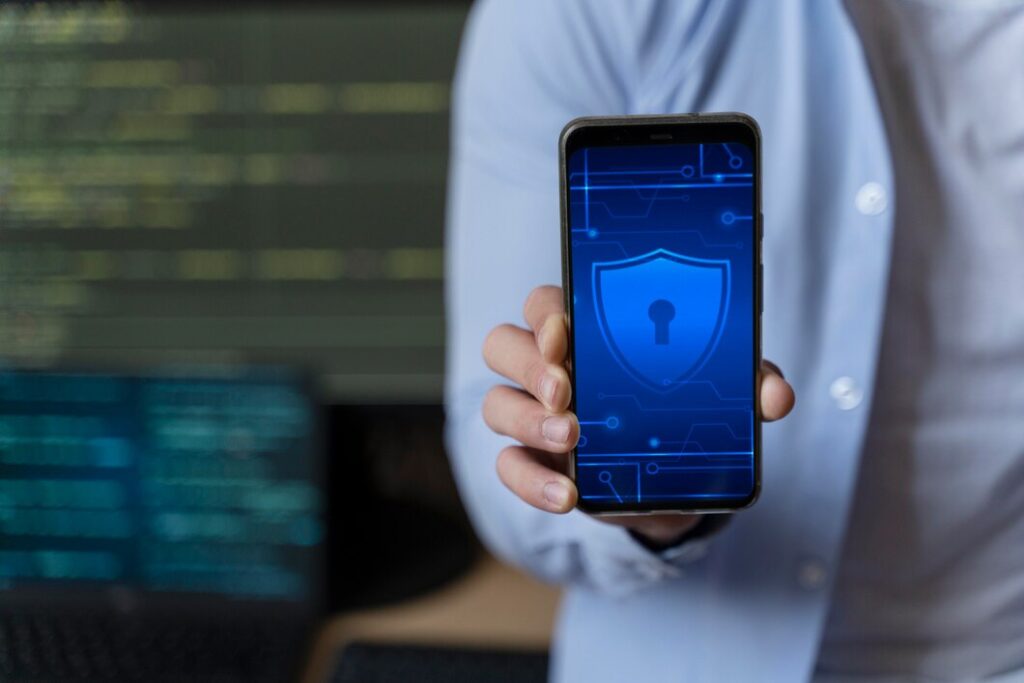
Introduction
In the digital age, where data breaches and privacy concerns are at an all-time high, Virtual Private Networks (VPNs) have emerged as essential tools for individuals and organizations seeking to protect their online activities. This article delves into the intricacies of VPNs, covering what they are, how they work, their benefits, and considerations for choosing the right VPN service.
What is a Virtual Private Network (VPN)?
A Virtual Private Network (VPN) is a technology that creates a secure, encrypted connection between your device and a remote server operated by a VPN service. This connection ensures that all data transmitted between your device and the internet is private and secure, preventing unauthorized access by third parties.
Key Components of a VPN
- Encryption: VPNs use encryption protocols to secure data, making it unreadable to anyone who might intercept it. This is essential for protecting sensitive information, especially when using public Wi-Fi networks.
- Tunneling Protocols: VPNs create a secure “tunnel” through which your data travels. Common tunneling protocols include:
- OpenVPN: An open-source protocol known for its strong security and flexibility.
- L2TP/IPsec: A combination of Layer 2 Tunneling Protocol and IPsec, providing enhanced security.
- IKEv2/IPsec: A robust protocol that offers fast reconnection times and strong security, often used on mobile devices.
- VPN Server: This is a remote server that your device connects to. Your internet traffic is routed through this server, masking your IP address and making it appear as if you are browsing from a different location.
How Does a VPN Work?
When you connect to a VPN, the following processes occur:
- Connection Establishment: Your device connects to the VPN server using a secure protocol. During this phase, the server authenticates your device.
- Data Encryption: Once the connection is established, your data is encrypted using a cryptographic algorithm. This ensures that any data sent or received is secure from eavesdroppers.
- IP Address Masking: Your original IP address is hidden, and the VPN server’s IP address is displayed instead. This makes it difficult for websites, advertisers, and malicious entities to track your online activities.
- Data Transmission: Your internet traffic is routed through the VPN server, allowing you to access content as if you were in the server’s location. For example, if you connect to a server in the UK, you can access UK-specific content.
Benefits of Using a VPN
1. Enhanced Security and Privacy
VPNs encrypt your internet traffic, making it virtually impossible for hackers and malicious entities to intercept your data. This is especially important when using public Wi-Fi networks, which are notoriously insecure.
2. Anonymity and IP Masking
By masking your IP address, VPNs allow you to browse the internet anonymously. This can help protect your identity and prevent tracking by websites and advertisers.
3. Access to Restricted Content
VPNs enable users to bypass geographical restrictions imposed by websites and streaming services. For instance, if you are in a country where certain content is blocked, you can connect to a VPN server in a different country to access that content.
4. Bypassing Censorship
In some regions, governments impose strict internet censorship. A VPN can help users bypass these restrictions, allowing for free access to information and resources.
5. Secure Remote Access
VPNs are invaluable for businesses that need to provide remote access to their employees. Employees can securely connect to the company’s network from anywhere in the world, ensuring data security.
Considerations When Choosing a VPN Service
1. Security Features
Look for a VPN that offers strong encryption standards (such as AES-256), a no-logs policy, and advanced security features like kill switch and DNS leak protection.
2. Server Locations
A diverse network of servers in multiple locations can enhance performance and provide better access to geographically restricted content.
3. Speed and Performance
VPNs can slow down your internet connection due to the encryption process. Choose a provider known for high-speed servers to minimize this impact.
4. User-Friendly Interface
A good VPN should have a user-friendly interface that is easy to navigate, making it accessible for both tech-savvy users and novices.
5. Customer Support
Reliable customer support can help you troubleshoot any issues you encounter while using the VPN service. Look for providers that offer 24/7 support.
6. Pricing Plans
Evaluate the pricing plans of different VPN services. While free VPNs may seem appealing, they often come with limitations in speed, security, and data usage.
Common Misconceptions About VPNs
1. VPNs are Completely Anonymous
While VPNs enhance privacy, they do not guarantee complete anonymity. Other factors, such as browser fingerprinting and tracking cookies, can still compromise your identity.
2. VPNs are Only for Illegal Activities
VPNs are often associated with illegal activities, but they are primarily tools for enhancing security and privacy. Many legitimate users employ VPNs for various reasons, including accessing geo-restricted content.
3. Free VPNs are Just as Good as Paid VPNs
While there are reputable free VPNs, many come with limitations, such as data caps, fewer server options, and weaker security. Paid VPN services typically offer better performance and features.
Conclusion
A Virtual Private Network (VPN) is an essential tool for anyone looking to enhance their online security and privacy. By understanding how VPNs work, their benefits, and how to choose the right service, users can make informed decisions about protecting their digital lives. Whether you want to browse anonymously, access restricted content, or ensure secure remote access for your business, a VPN can be a powerful ally in today’s digital landscape.